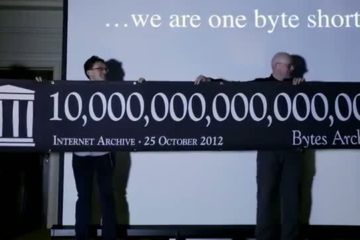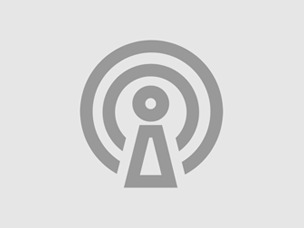Bilingual Radioshow German/English – Zweisprachige Radiosendung Deutsch/Englisch
Radio Trainer und Coordinator of Radio CORAX, Michael Nicolai, says: „The decision what part of a show is republished is really easy – it is everything beside the music, every selfproduced content. Than the question is only a question of quality – was this really a good interview? This depends on two decision makers: the one who makes the interview, who says ‚this was ok‘ or who says ‚I don want to publish it, because I didn’t get to the point‘ or whatever. And sometimes it’s me as a coordinator who decides. When I edit a show I consider, that 25 minutes live is catchy, but for the internet it´s sometimes better to publish 12 minutes on the point and not the whole thing, because the podcast situation is different to the FM live-moment.“ Michael Nicolai was talking about aspects of archiving at Radio Corax with Joost van Beek from the Central European University in Budapest.
In a second interview Helen Hahmann talked to Timo Stadler about the history of freie-radios.net. Timo Stadler stated, that the platform started in 2001 and until today has more than 50.000 interviews uploaded. In the beginning the aim of this platform was to share programs between the german community radio stations. In the last years, it became an important platform for the radio audience too, who likes to listen to an interview again. After all, he states, it is an archive of social movements.
All interviews were recorded at „Zukunftswerkstatt Community Medien“ in Potsdam in november 2014.
Michael Nicolai, Radiotrainer und Koordinator des Tagesaktuellen Programms bei Radio CORAX sagt: „Die Entscheidung, welcher Teil eines Radioprogramms noch einmal im Internet zur Verfügung gestellt wird, hängt davon ab, ob ein Interview von der Person, die das Gespräch geführt hat, als gut genug zur Wiederveröffentlichung befunden wird. Eine Gespräch, das live 25 Minuten dauert und dabei lebendig und spannend für Hörende ist, wirkt nicht als Podcast. Deshalb ist es manchmal besser 12 Minuten komprimiert von dem Interview im Internet zur Verfügung zu Stellen.“ Joost van Beek von der Central European University in Budapest sprach mit Michael Nicolai Anfang November auf der „Zukunftswerkstatt Community Medien“ in Potsdam.
Das zweite Gespräch führte Helen Hahmann. Sie sprach mit Timo Stadler über die Geschichte des Online-Archivs freie-radios.net. Über 50.000 Beiträge sind im Archiv freie-radios.net seit 2001 abgelegt worden. Timo Stadler von Radio Querfunk in Karlsruhe sagt, „wir haben freie-radios.net erst mal als Austauschsystem gesehen, aber auch als weiteres Veröffentlichungsmedium, damit man interessante Textbeiträge nachhören kann. Es ist auch ein Archiv der sozialen Bewegung.“
Mehr Informationen zum Archiv-Projekt CAPTCHA: http://livingarchives.eu
Auf Facebook: https://www.facebook.com/communitymediaarchives
Mit CC-Musik von/With CC-Music of: freemusicarchive.org










